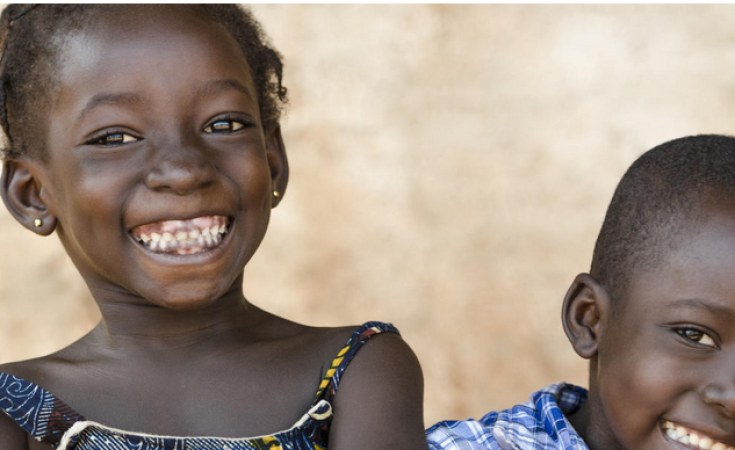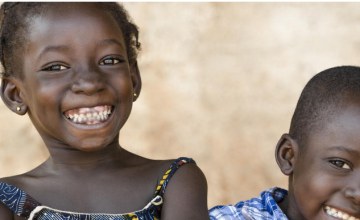Easter Kumbana had heard about the dangers of the coronavirus, but he could not afford the basic items needed to protect himself and his family from the disease.
Luckily, he was able to benefit from an outreach program in Zambia that distributed thousands of face masks and hand sanitizer to vulnerable communities. The program also spread the message about the outbreak through a communications campaign that included radio advertisements and posters promoting social distancing.
"I had no money to buy face masks and hand sanitizers because the little money I had was needed to feed my children, so I am extremely happy to be assisted with sanitizer and facemasks," said Kumbana, who lives in Kanyama on the outskirts of the capital Lusaka.
The African Development Bank quickly sprang into action when the COVID-19 virus emerged in Zambia.
The Bank realigned its water, sanitation and hygiene activities within the Lusaka Sanitation Program towards COVID-19 mitigation.
The aim was to engage communities and provide them with vital information on the virus and, where possible, share hygiene products to keep residents safe during the initial phase of the outbreak.
As part of the Bank's initial response, the Zambia country office led several awareness activities, including information sessions for the general public to discuss target areas of the Lusaka Sanitation Program and to promote behaviour change towards improved sanitation and hygiene.
Bank outreach also included the distribution of hygiene products to the most vulnerable communities and the production of messages to distribute in the entire capital city of Lusaka.
In the most densely populated communities, more than 800 households received daily public service announcements. An additional 19,000 persons were reached through posters and personal communications at water points. Over 600 water tap attendants turned into coronavirus prevention ambassadors.
The hygiene supplies targeted public spaces, including health centres, places of worship, water points, markets and vulnerable communities. Certain semi-urban areas surrounding Lusaka were also included, such as the districts of George, Kanyama, Chawama, Kamanga, Matero, Kaunda Square and Chainda.
"This project is good for not only the water tap attendants but for the community as well. The tap attendants were able to sensitize the community and did so by demonstrating, using the materials that were given by the Bank," said Josephine Moono Chihongo, a community development officer at the Lusaka Water Supply and Sanitation Company.
"Today when you go to the community water collection points, no one draws water without a mask and without sanitizing their hands. This shows us that there is behavioural change among the communities," she said.
The COVID-19 community awareness campaign is now a continuous exercise, part of WASH education campaigns in Lusaka. The key message focuses on the importance of staying safe by practicing social distancing and washing hands thoroughly and often.
"We have seen change in the community and people are now following the guidelines that have been set because they now understand that the disease is deadly and they need to take care of themselves," said John Nyambe, a community water point attendant in Kamanga.
The Lusaka Sanitation Program is a $243 million multi-donor program, jointly funded by the African Development Bank, the World Bank, the European Investment Bank and German Development Bank. The Bank provides $50 million of the total funding package.



